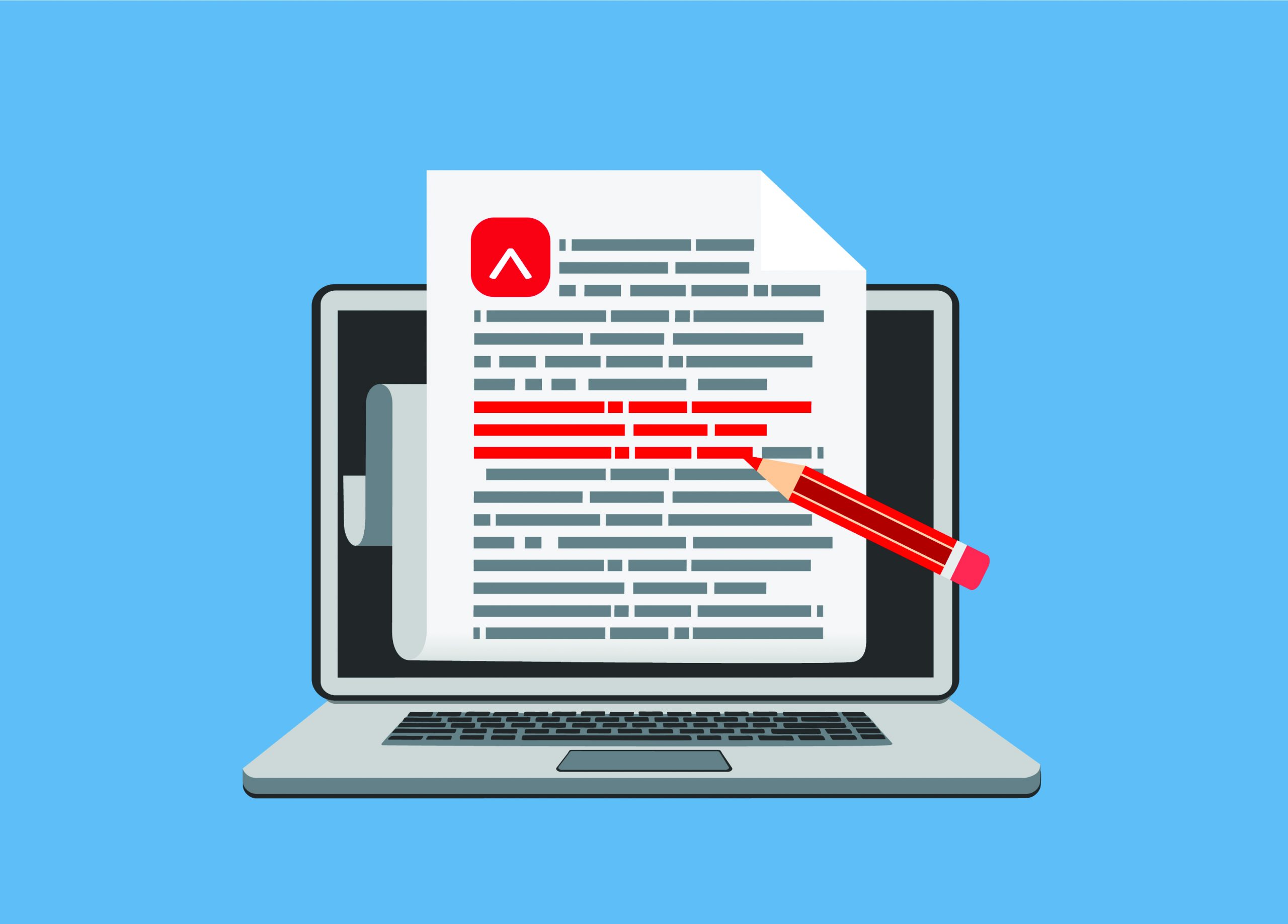
I’m a new editor, and over the course of the past year or so, I’ve been searching for any and every tool to help hone my skills and launch my career. One of those tools was the Editors Canada Editing Essentials qualification.
I thought that speaking on my experience with the test could be beneficial to anyone else who is considering taking it. I’ll give you an idea of where I am in my career, clarify some questions that came up in the previous Editors’ Weekly blog post on this subject, and hopefully give you a better idea of whether this test is the right fit for you.
Preparing for the Test
One big question that came up was, “How do I know I’m ready to take the test?” And this is a tough one, because it’s hard to gauge readiness when you don’t know what the questions are!
I would suggest having a certain level of confidence before going into it. The Editing Essentials title says it all; if you feel ready to start selling your skills as an editor, and you’re confident that you have the “essential” skills to do so, you’re probably ready for this test.
Keep in mind that questions cover four different types of editing: structural editing, stylistic editing, copy editing, and proofreading. There’s no need to be an expert in every one of these, but you should be knowledgeable about the editing process as a whole and be competent enough to perform an edit at each level. It’ll take more than a browse of the Editors Canada “Definitions of Editorial Skills”, but you don’t need five years of professional experience.
What experience and knowledge did I have going into the test? When I took the test, I had taken three courses in the Queen’s University Professional Editing Standards Certificate program. I’d also attended various webinars offered by professional editing associations (like Editors Canada), and I was being mentored by Jennifer D. Foster through the John Eerkes-Medrano Mentorship Program.
While I was lucky enough to have access to courses and webinars that require a monetary investment, there are some really incredible free resources available. However, I can’t overstate how valuable it was for me to have these experiences and this educational background.
Knowing I had all this training under my belt, as well as a lifetime of learning about the English language, I was confident going into the test. And coming out of it with a pass gave me a concrete foundation to further build my confidence upon.
Writing the Test
The test itself is a series of multiple-choice questions. It covers a wide array of editing knowledge, from proofreading to developmental editing to basics about the editing process.
It’s important to note that if you exit the tab while you’re taking the test, your attempt will be terminated. It’s a simplistic system (that some may find annoying) to ensure there’s no cheating, but as someone who has experience with proctoring intensive university exams online, I found it painless. Just make sure you have any notifications turned off (particularly ones that open new windows automatically) and set aside this time to focus.
Another concern I saw pop up was not being able to access materials on your laptop during the test. One option would be to print out resources and have these with you while you take the test. But I really don’t think this is necessary. If you feel like you’re ready to step into editing professionally, you won’t need any extra resources with you. Everything you need is in that great big noggin of yours.
After the Test
It’s difficult to gauge the quantitative value that this qualification has added to my career. Having the qualification to point to while I’m still building up my portfolio has been helpful in proving my skills and worth to potential clients. And the confidence boost it’s given me has allowed me to better understand my value as an editor.
Since receiving my qualification, I landed a position as a judge with the novel contest Ink & Insights, I launched a speculative fiction magazine alongside my colleague Mahaila Smith called The Sprawl Mag and I had the chance to interview with Penguin Random House Canada.
The qualification has helped me stand out amongst my peers and land incredible opportunities that are helping me pursue my dream career.
If you have any other questions about my experience with the Editing Essentials test, feel free to leave them in the comments!
___
The Editors’ Weekly is the official blog of Editors Canada. Contact us.
Discover more from The Editors' Weekly
Subscribe to get the latest posts sent to your email.
